From food containers and eyeglass lenses to certain medical supplies, the widespread use of polycarbonate plastic spans nearly every corner of our lives.
However, as public concern over health and environmental issues has grown, PC plastic has fallen under scrutiny due to its bisphenol A content.
Is polycarbonate safe? This question has raised concerns among injection molding companies and consumers alike.
In this article, we will delve into the safety of PC plastic, uncovering the truth behind the performance of polycarbonate materials.
What Is Polycarbonate?
Polycarbonate, abbreviated as PC, is a type of polymer that contains carbonate groups in its molecular chain.
It is the fastest-growing among the five major engineering plastics.
Based on the structure of the carbonate group, it can be classified into various types, including aliphatic, aromatic, and aliphatic-aromatic.
Polycarbonate is colorless and transparent, heat-resistant, impact-resistant, and flame-retardant with a BI rating.
It maintains good mechanical properties within the common range of operating temperatures.
Therefore, it is widely used in fields such as construction, automotive, medical, electronics, aerospace, and more.
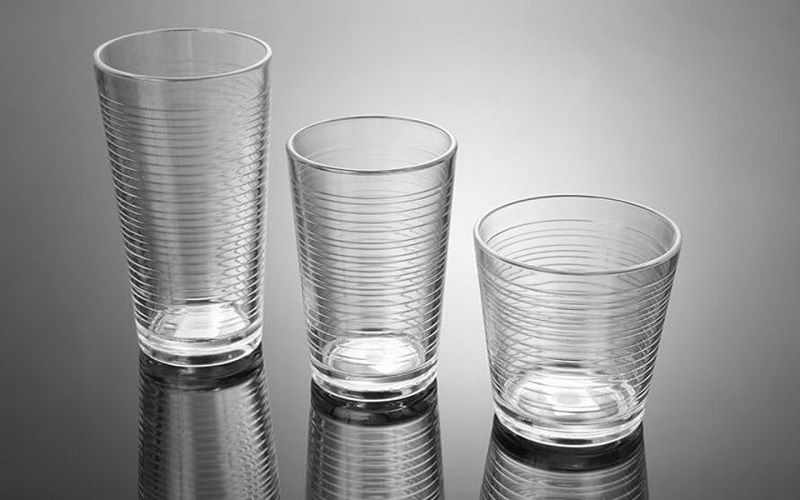
The Composition of Polycarbonate
Polycarbonate is a durable thermoplastic resin synthesized from bisphenol A (BPA) and phosgene (COCl2), forming a polymer chain composed of carbonate groups.
The presence of these substances has raised significant safety concerns regarding PC materials.
Studies have shown that extensive contact with BPA can disrupt hormone levels and functions in the body, leading to a variety of health issues.
Meanwhile, phosgene is a highly toxic gas posing substantial risks during manufacturing, including respiratory problems and other acute health effects upon inhalation.
However, the use of BPA in polycarbonate plastics is controlled, and in many applications, human exposure to BPA is far below levels considered harmful.
For end-users of PC products, phosgene poses no direct risk as it is consumed in the chemical reaction process and does not remain in the finished product.
Therefore, to ensure the safe use of PC materials, it is recommended to avoid using BPA-containing PC for heating food containers and to adhere to strict safety measures during production.
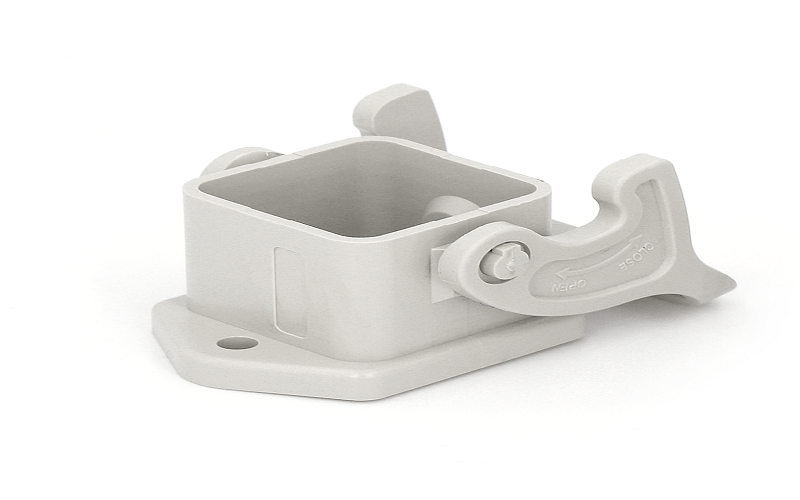
Processing And Manufacturing Of PC Plastics
The processing of PC plastics primarily involves techniques such as injection molding, extrusion molding, and blow molding.
Among these, polycarbonate injection molding is the most common method.
Polycarbonate has high viscosity and typically requires high-temperature processing to reduce its viscosity.
During this process, molten PC is injected into a mold under high pressure and cools to solidify, accurately reproducing the mold’s complex shape with excellent precision and detail.
Thanks to this technique, the resulting PC plastic products not only demonstrate superior transparency but also exhibit excellent impact resistance and creep resistance.
This means that PC items have a long service life and maintain good performance, making them highly favored by injection molding manufacturers.
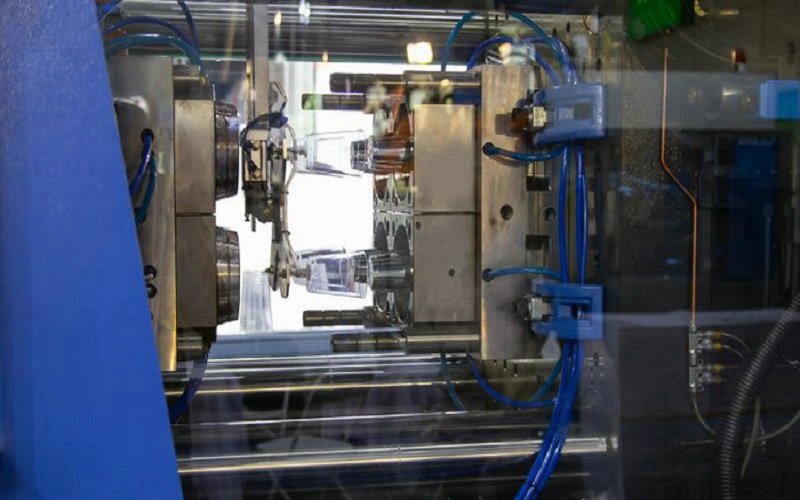
Is Polycarbonate Toxic?
Polycarbonate is commonly used in consumer and industrial products, but its potential toxicity has sparked debate.
In its production, it may emit organic compounds like phthalic anhydride and bisphenol A (BPA), which can produce harmful gases like benzene and formaldehyde at high temperatures.
However, these risks are minimal under normal use and storage, limiting exposure to hazardous substances.
While studies have suggested BPA might affect the hormonal and reproductive systems, there’s considerable debate and no clear consensus, largely based on high-dose animal studies.
In summary, polycarbonate plastics do not exhibit pronounced toxicity.
Despite existing disagreements and controversies regarding the safety of polycarbonate, the use of polycarbonate products is regulated and restricted in most countries and regions, ensuring that potential risks to human exposure remain within safe limits.
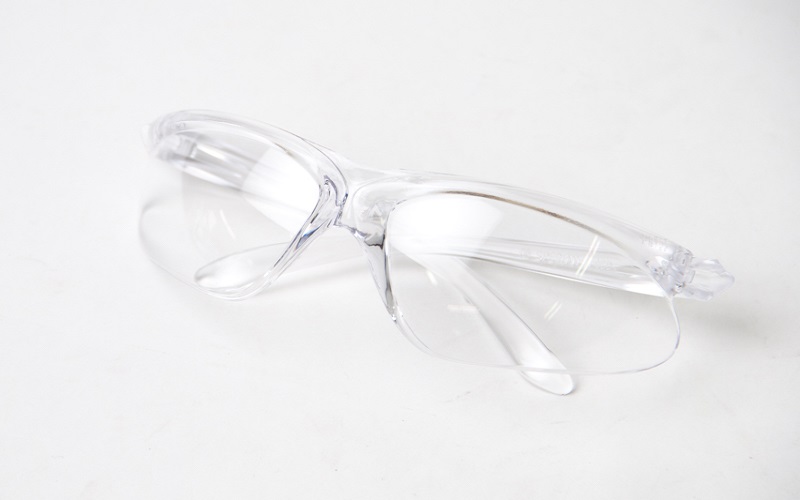
Is Polycarbonate Food Safe?
In practical applications, polycarbonate products often come into contact with food or beverages and are considered safe for use under the regulations of the European Union, the United States, and other regions.
For instance, the EU Regulation No. 10/2011 on food contact materials specifically outlines the restricted use conditions for polycarbonate products to ensure that human exposure to bisphenol A and other potential harmful substances is kept within safe limits.
Therefore, when purchasing PC material products for food applications, consumers should check the product labeling for indications such as “BPA-free.”
Moreover, proper usage is crucial for ensuring safety, such as avoiding prolonged exposure to high temperatures or direct sunlight to minimize the risk of potentially harmful substances leaching out.
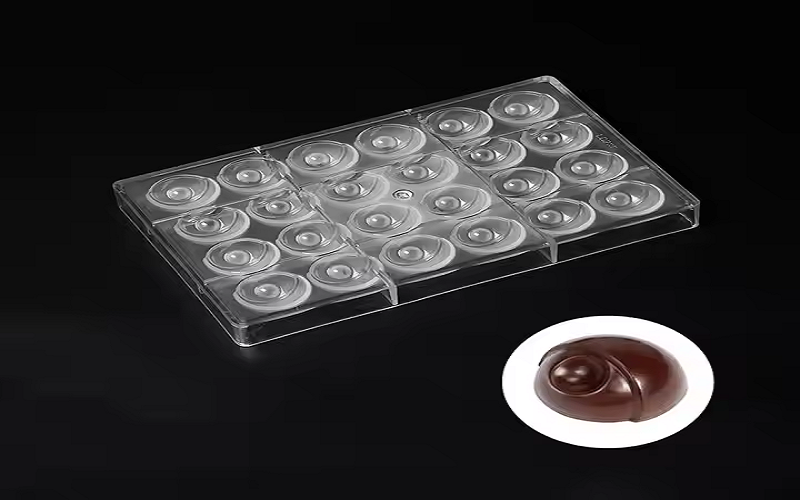
Is Polycarbonate Bad For Human Health?
In recent years, as the applications of polycarbonate (PC) products have expanded, there have been growing concerns about their impact on human health.
So, is polycarbonate harmful to humans?
It is important to note that polycarbonate is a stable compound that, through heating and pressurizing, undergoes a polymerization reaction to form a stable structure, and does not actively release harmful substances.
Thus, under normal use and processing, PC plastic poses no direct harm to human health.
However,studies indicate that at high temperatures, PC can release Bisphenol-A (BPA), potentially affecting the endocrine system.
Many countries have thus regulated BPA levels in consumer products, especially in food containers and children’s items, to safeguard health.
Additionally, other plastic additives in PC, like flame retardants and plasticizers, may pose health risks, with some being considered carcinogenic.
Therefore, the potential health risks associated with polycarbonate primarily stem from high-temperature exposure and certain chemical additives.
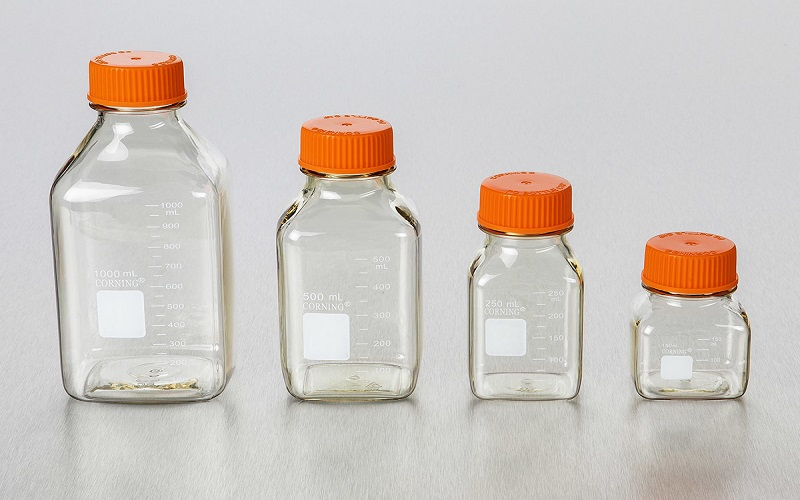
Is Polycarbonate Recyclable?
Polycarbonate plastics are 100% recyclable and are identified by the plastic recycling symbol “7.”
One recycling method is chemical recycling, where waste PC is reacted with phenol to produce monomers, which are then purified for further polymerization.
The recycled PC can be used to manufacture a variety of new products, including electronic device casings, automotive parts, building materials, and other plastic products.
However, due to potential additives (such as Bisphenol A) and contaminants in PC plastics, the recycling process must be carefully managed to ensure the quality and safety of the recycled material.
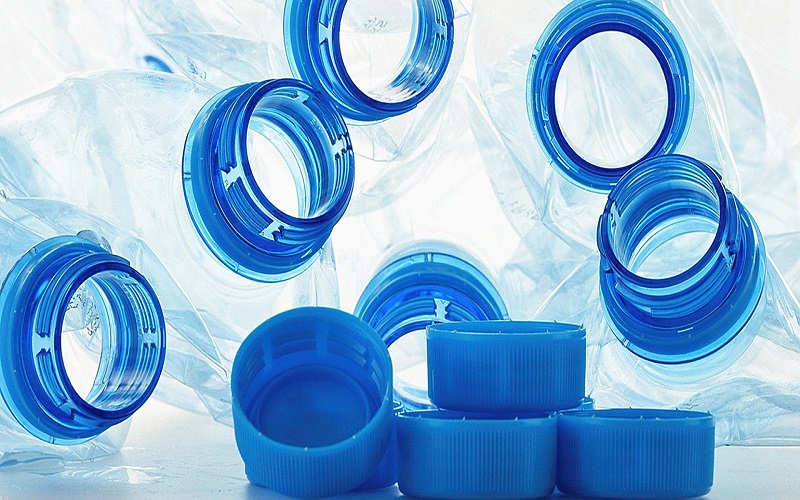
Is Polycarbonate Recycled Material Safe?
We’ve learned that PC plastics can be recycled, yet the safety of recycled PC materials remains a topic of debate.
The presence of high levels of harmful additives or contaminants in recycled PC can complicate the purification process.
In fact, physical recycling methods often result in recycled plastics with significantly reduced performance and high impurity levels compared to new materials.
Moreover, for applications that involve direct contact with food, using recycled PC that has not been adequately cleared of harmful additives poses certain health risks.
Therefore, the safety of recycled PC materials should be assessed based on a combination of factors, including the quality of the original materials, the recycling process, and the intended use of the recycled materials.
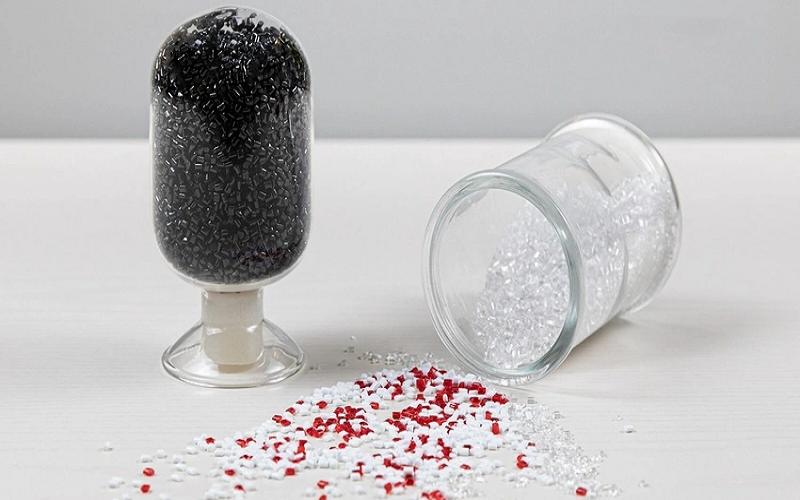
Comparison Of The Safety Of Polypropylene And Polycarbonate
In the comparison of Polypropylene vs Polycarbonate regarding safety, both materials exhibit distinct characteristics that significantly influence their suitability and safety levels for various applications.
Polypropylene is widely regarded as a safer option for food contact and medical applications due to its chemical resistance, heat resistance, and lack of BPA, which is commonly associated with Polycarbonate .
Conversely, while PC offers superior strength and clarity, it has raised health concerns due to the presence of BPA, a chemical that may leach into food and beverages under certain conditions, potentially impacting human health.
Therefore, for applications requiring direct food contact or higher levels of consumer safety, PP is often preferred for its non-toxic nature.
However, in applications where higher impact resistance or clarity is needed, PC might be considered with careful attention to its BPA content and potential health implications.
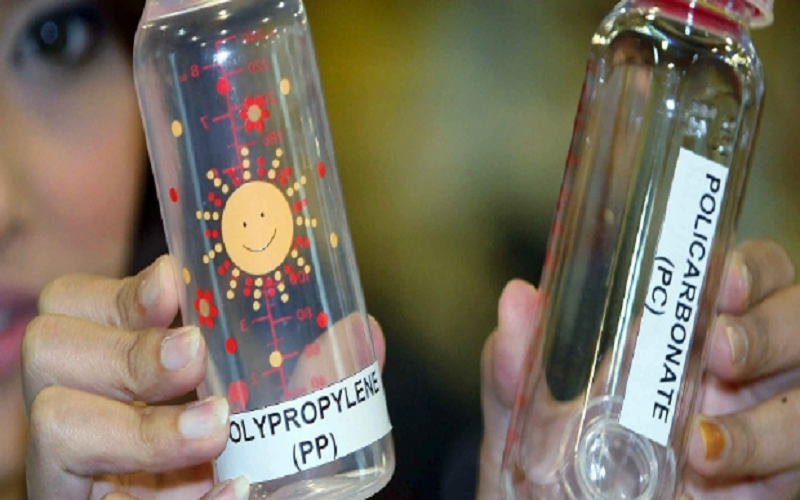
Conclusion
Polycarbonate is a non-toxic material used in items like water bottles and medical devices.
It’s generally safe and BPA-free under normal conditions, but BPA may be released if exposed to high temperatures, sunlight, or acidic conditions.
For safety, avoid using PC containers for very hot liquids, or under extreme conditions, and prefer products labeled as BPA-free.
Extra caution is advised for products used by infants and children due to their increased sensitivity to chemicals.
